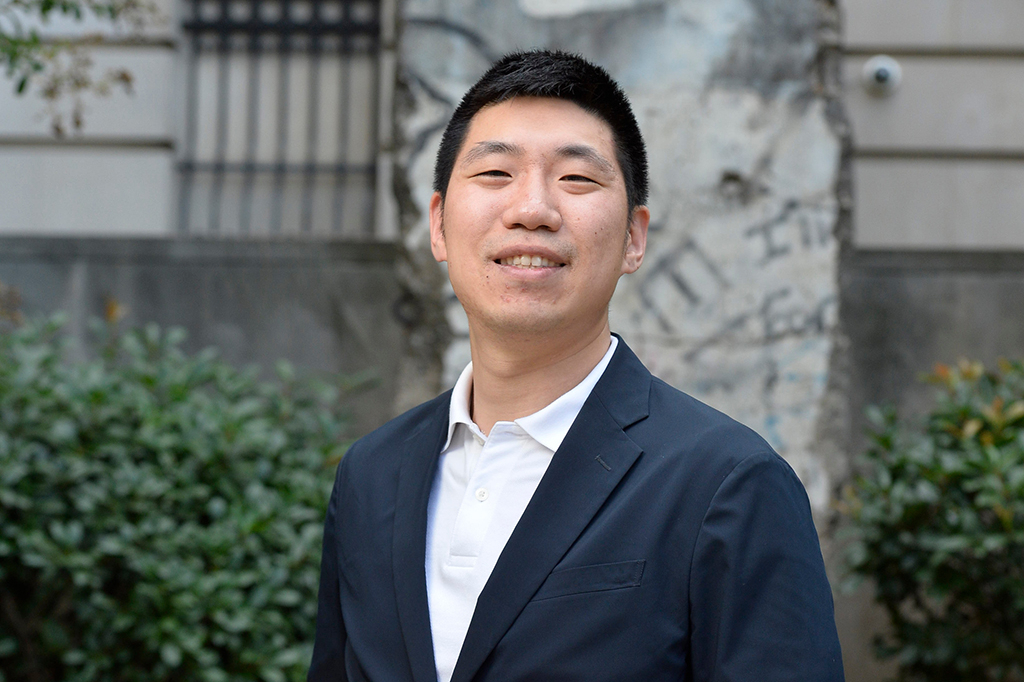Gaining a Competitive Edge in the Field of Korean Affairs

Soon-Won Hong
MA ’19
Korea Studies
Soon-Won decided to apply to Johns Hopkins SAIS for three particular reasons: the mixture of practitioners and academics; the option to take quantitative, economic, and international policy courses that teach ‘hard skills;’ and the freedom given to students to curate their own curriculum. The school’s location in Washington, DC was also appealing, as he believed it would provide international opportunities and a chance to spend time in the center of politics in the United States. He was ultimately spurred on by high school students he was teaching at the time—their passion for learning and broad curiosity reminded him of his own love for the pursuit of knowledge.
As a Korea Studies concentrator, Soon-Won found his courses at the school to be top-rate in quality and content. His time in the classroom has been even more stimulating due to his classmates who are overall an impressive and diverse group. He is constantly humbled to be among so many talented students and professors.
Soon-Won is currently a part of the leadership of the school’s Korea Club, which aims to bring greater awareness of the historical, political, and cultural background of the Korean peninsula. During the course of the year, he has helped organize several events including lectures with professors, gatherings connecting current and former students, cultural events such as the school’s annual International Dinner, as well as the weekly student-run happy hours.
Soon-Won was also able to join two separate research treks visiting Japan to examine energy security and South Korea to research its relations with North Korea. Both treks were memorable in that they provided students with a richer understanding of the country and issue at hand through professional, diplomatic, and cultural experiences.
Soon-Won’s introduction to quantitative studies and a burgeoning interest in political risk analysis has pushed him to apply to PhD programs in political science, where he hopes to further his understanding of the concept of political risk and apply it to East Asia. Ultimately, he would like to specialize in risk management and policy planning in the future, thereby contributing to the management and resolution of the international problems that lie in and around the Korean peninsula.